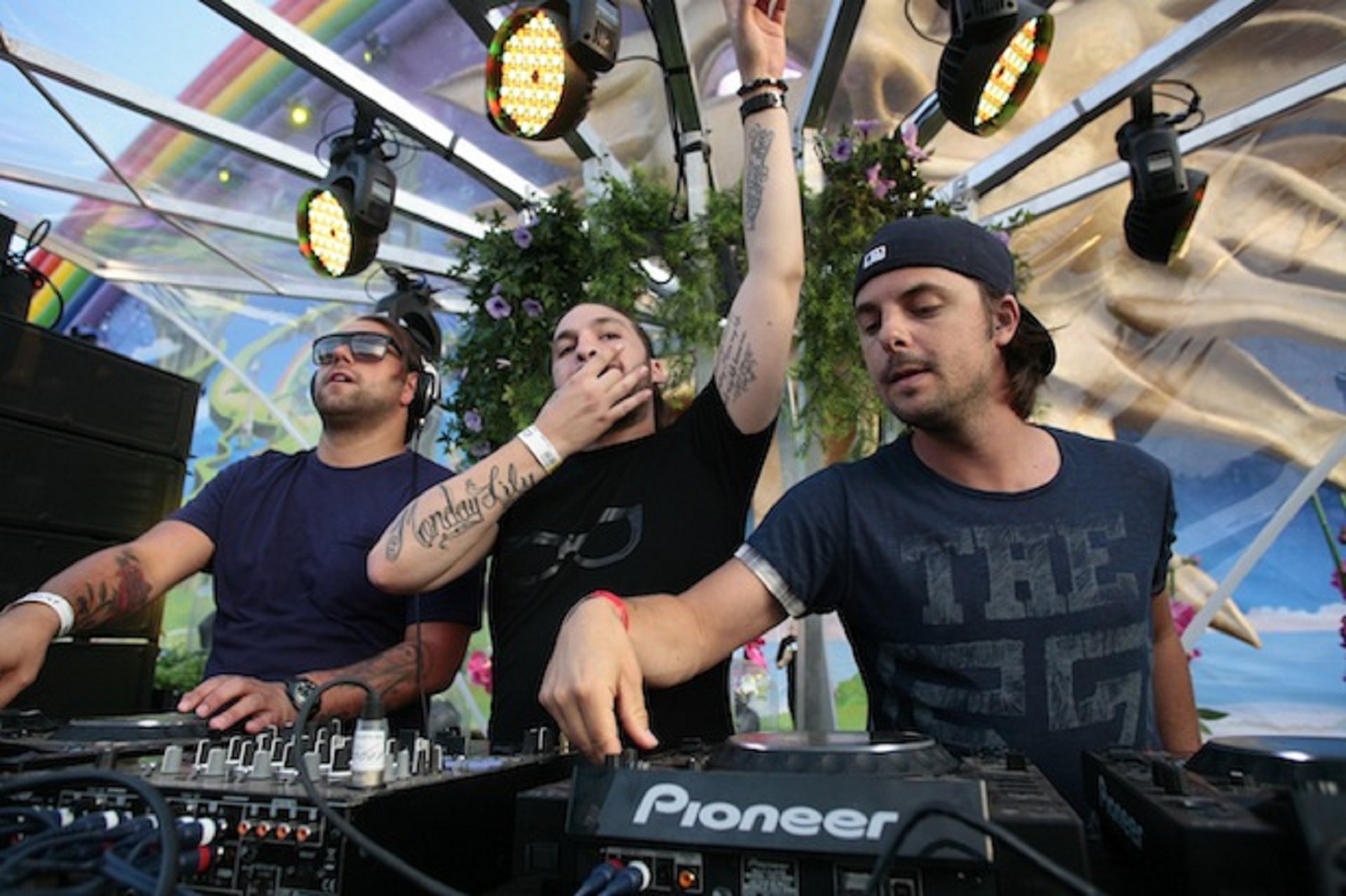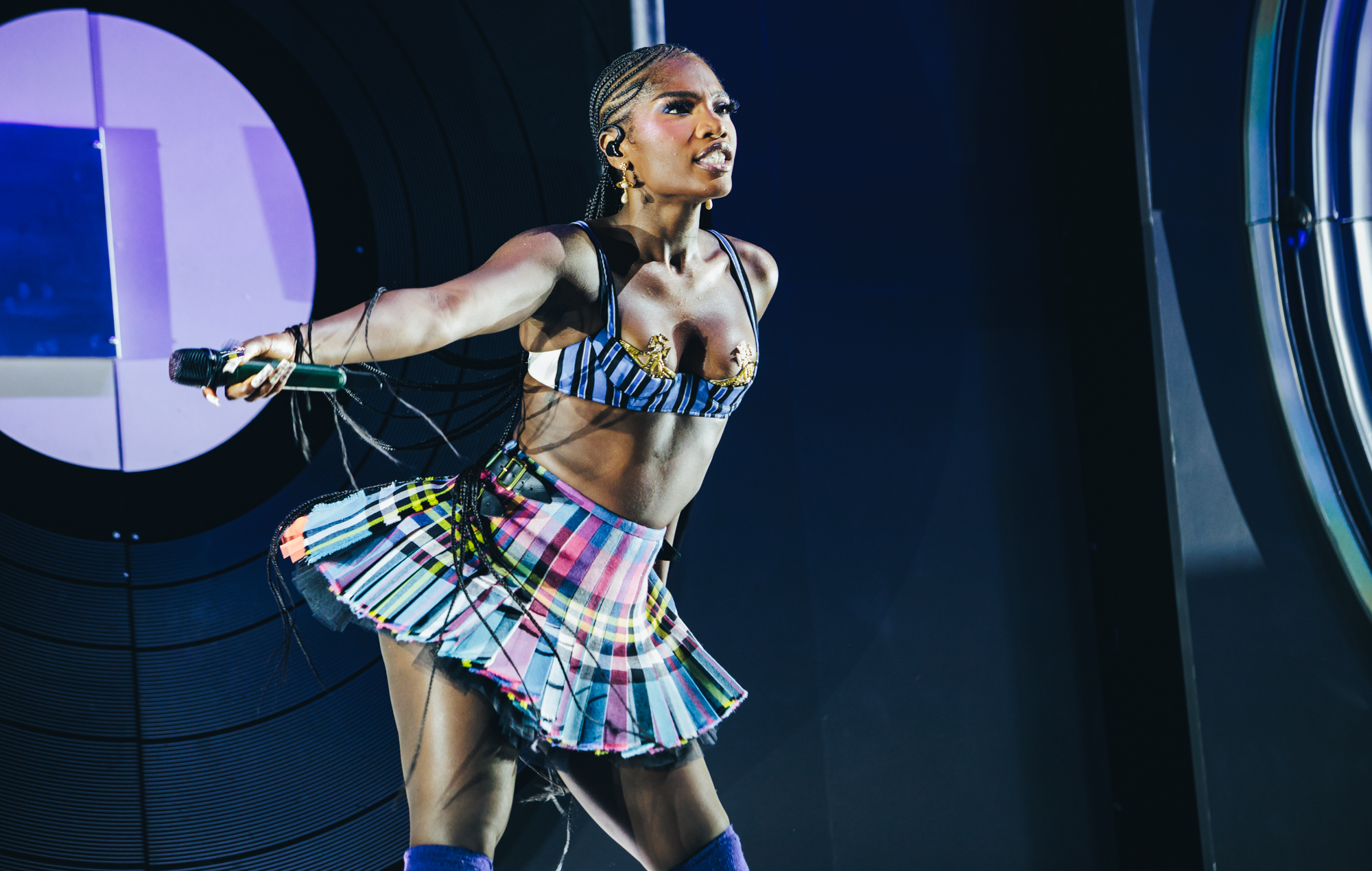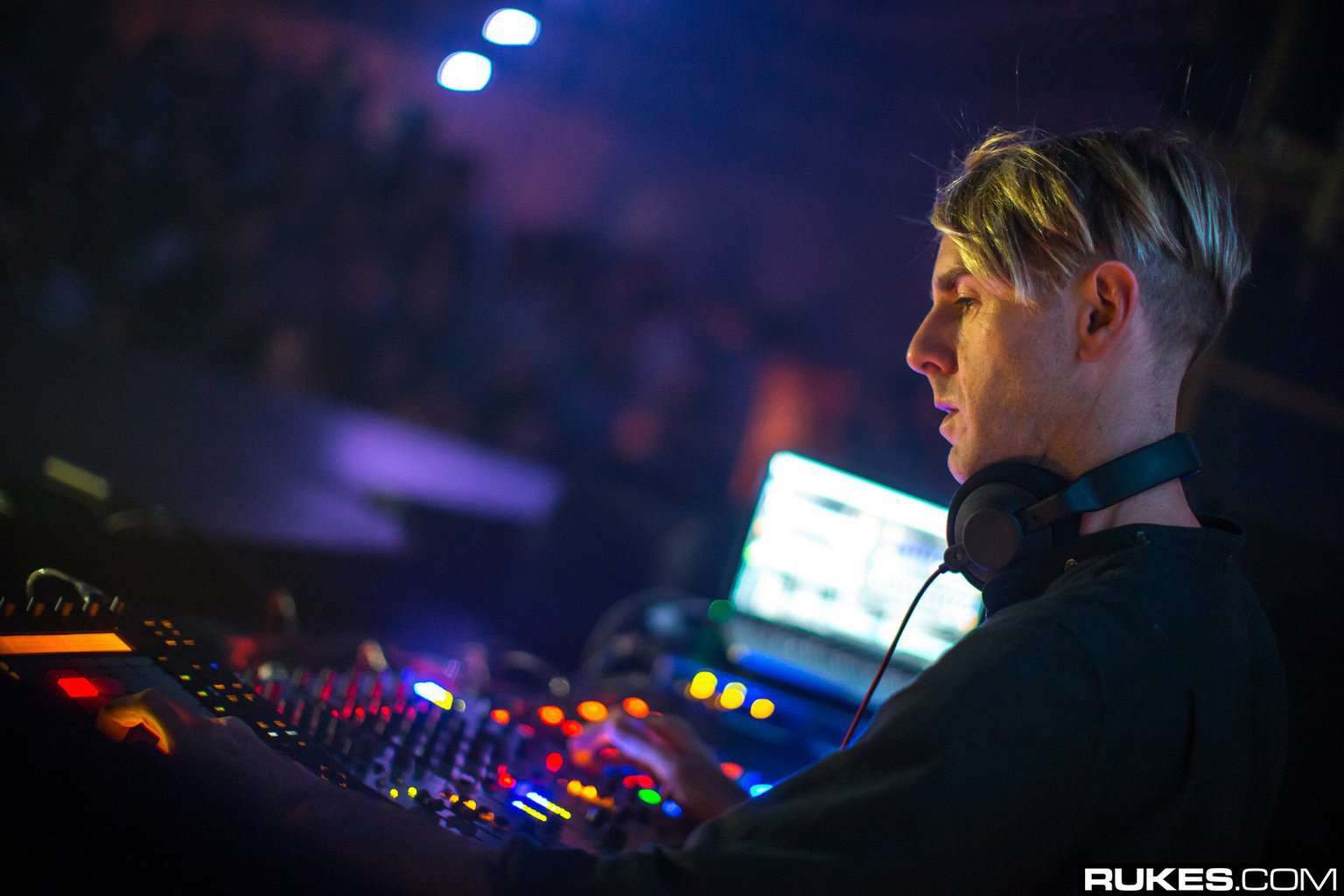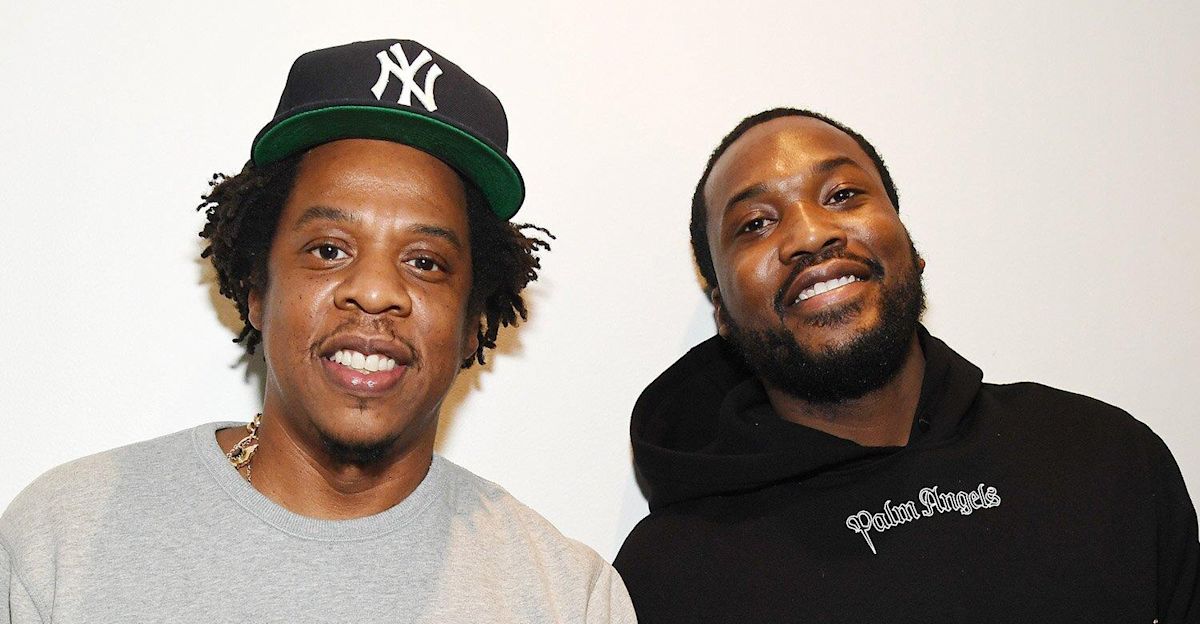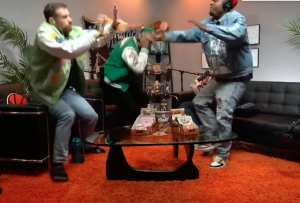Dr. Martin Luther King Jr.’s dream has always lived through hip-hop.
Early pioneers of the genre such as Public Enemy and Run DMC to relevant rap stars like Jay-Z and Kendrick Lamar have all used their lyricism to honor the great Dr. King.
During Civil Rights movement in the 1950s and ‘60s, a time when the Black community lacked leadership, Dr. King stepped provided a voice for the Blacks in America. His strong efforts in advocating for racial equality, and justice in this America led him to becoming one of the world most influential leaders that ever lived.
Now, during this recent boom in this hip-hop era, the culture has helped Dr. Martin Luther King’s dream stay alive in a way most wouldn’t think of.
On Aug. 28, 1963, in the Nation’s Capital during Dr. King gave his iconic I Have A Dream oratory. In the speech, he spoke on how he dreamt of one day having a unified country.
“I have a dream that one day down in Alabama with its vicious racists, with its governor having his lips dripping with the words of interposition and nullification, one day right down in Alabama little black boys and black girls will be able to join hands with little white boys and white girls as sisters and brothers. I have a dream today.”
Even 54 years after his death, it’s still uncertain if that place he dreamt about exist in Alabama, but that place indeed exist in the hip-hop culture.
It sounds idiotic to believe that today’s hip-hop music can save the world. But, as crazy as it may sound, it just might could work. It may not be sonic, but it could work.
I know what you’re thinking. How? Martin Luther King preached non-violence, and rap music is the exact opposite of his ideology. Many will argue today’s music goes to the extreme of glorifying violence. But I’m here to say, regardless of the message currently coming from the culture, look at what is subconsciously going on in hip-hop.
Despite the all the different perspectives on the rap music, the evolution of hip-hop is bringing people of all colors together.
Besides religion, music is arguably the most non-tangible unifying tool in the world. In a sense, if you and someone else share the same music opinion, it’s similar to sharing the same struggle.
Ironically, according to Nielsen’s year-end report, the most popular music genre in America since 2017 has been hip-hop. , just because you like hip-hop music doesn’t mean you can relate to the people that the music represents.
Hip-Hop is rooted from a place where only Black people can relate to. A lot of Hip-Hop’s early messages were expressions of being a victim of oppression in America. They spoke on the universal struggles all Blacks faced in America. Everybody can’t relate to that, but if you listen to the music with an sympathy ear, the music will make you feel it. It’ll inspire you to be down. Everybody wants to be down with Hip-Hop.
Drake and The Weeknd carried the culture to Canada. The emergence of Burna Boy globalized the game in Africa, and Bad Bunny couldn’t do a better job of translating the culture for the Latin community. Hip-Hop’s versatility and diversity has resulted in the music being a common commodity between different cultures.
Dr. King said he saw a place where little Black boys and Black girls will be able to join hands with little White boys and White girls right? Just go to a concert, or music festival. You’re going to see more than just blacks and white co-exiting, you’re going to see all races from all different walks of life co-exiting.
In his speech he also Dr.King also expressed the idea of not hating all White people.
“The marvelous new militancy which has engulfed the Negro community must not lead us to a distrust of all white people, for many of our white brothers, as evidenced by their presence here today, have come to realize that their destiny is tied up with our destiny.
And they have come to realize that their freedom is inextricably bound to our freedom. We cannot walk alone. And as we walk, we must make the pledge that we shall always march ahead. We cannot turn back.”
True, the substance Hip-Hop has been polluted with violence and criminal activity, but every know and then you’ll hear a song with a strong powerful message.
Despite Atlanta’s rap star Lil Baby being done with making what he calls “political” songs, he ‘s had success. In 2020, his single “The Bigger Picture,” not only advocated Dr.King’s ideology of racial equality, but it also peaked at No.3 on the Billboard’s top 100 Charts.
On the song, Lil Baby rapped a very enlightening hook.
“It’s bigger than black and white. It’s a problem with the whole way of life. It can’t change overnight, but we gotta start somewhere. Might as well gon’ ‘head start here,” he said.
In the video, Lil Baby highlighted George Floyd, a 46-year-old Black man and fatal victim of police brutality. He also included a protest of his own, and footage of other nationwide protests of people feeling for Floyd.
While America isn’t remotely to close to fulfilling Dr. Martin King’s dream racial equality and social justice, I can honestly say that Hip-Hop is most definitely helping.


